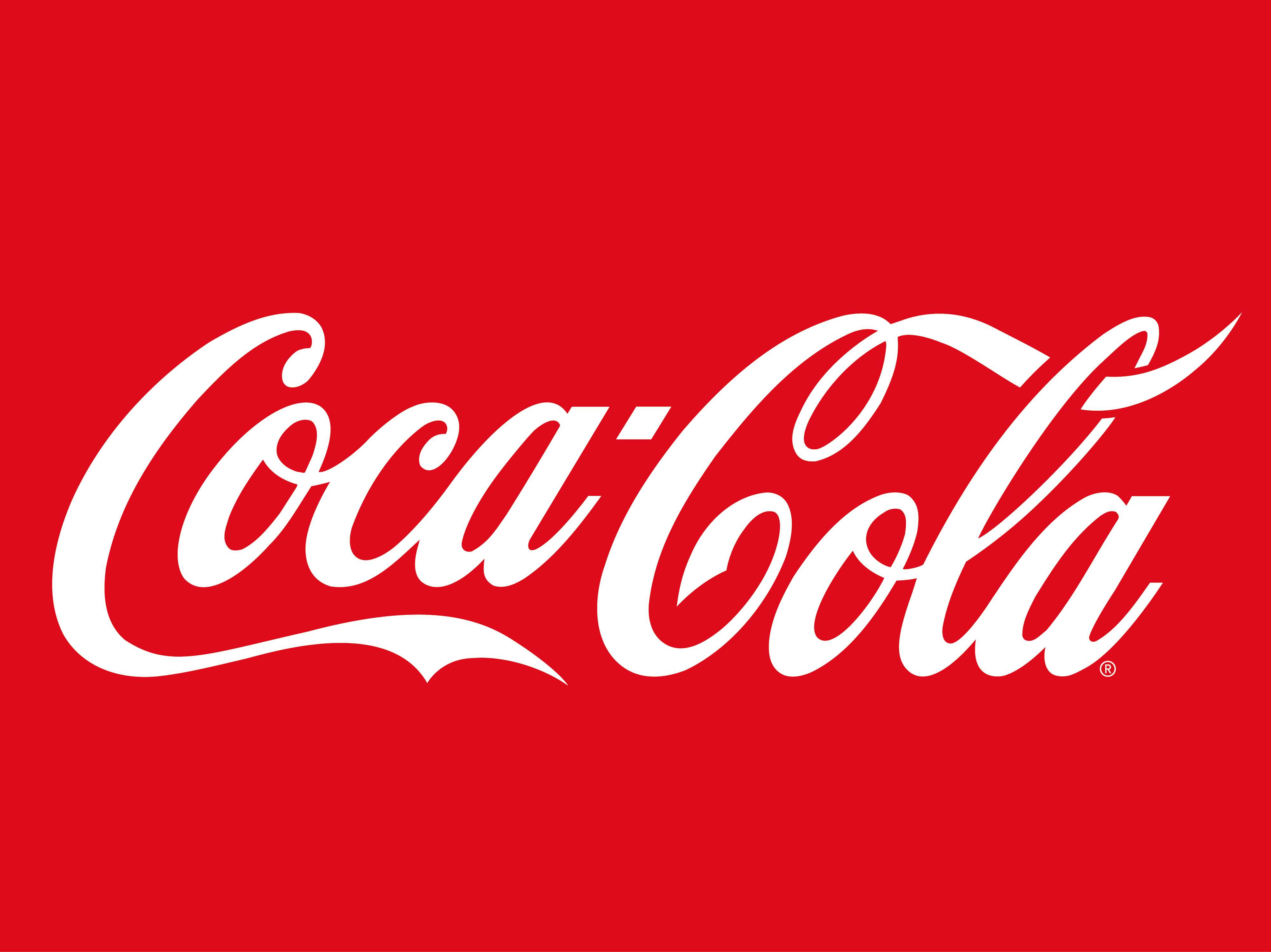In 2013, The Coca-Cola Company set a goal to sustainably source 100 percent of its priority ingredients by 2020. More than 95 percent of two globally sourced Coca-Cola priority ingredients—coffee and tea—now meet one of the Company’s required sustainable sourcing standards, with the majority adhering to the Company’s Sustainable Agriculture Guiding Principles (SAGP).
What does this mean?
It means Coca-Cola is purchasing the majority of its globally sourced coffee and tea, which are ingredients used in its products, from farm locations and suppliers that meet one of the following standards: Ethical Tea Partnership, Rainforest Alliance , UTZ, Fairtrade, SAI Platform, 4C*, or SAGP audit or validation.
Coca-Cola prefers and encourages suppliers to strive for SAGP, which, among other things, set standards to be met by farm suppliers for human and workplace rights, environmental protection and responsible farming management.
Ultimately, this means consumers can enjoy Coca-Cola’s coffee and tea products, even more, knowing the ingredients were sourced responsibly.
“At Coca-Cola, we aspire to grow our business while making positive impacts. A healthy agricultural supply chain is essential to the well-being of communities and critical to the success of our business.
Globally, we embrace our responsibility and opportunity to support and encourage sustainable agriculture practices,” said Gregg Moon, Procurement Director of Tea, The Coca-Cola Company.
“As a global tea buyer for Coca-Cola, I am proud to be supported by such a strong sustainable agriculture program.
We aim to work with suppliers who share our values and are committed to helping us meet our sustainability objectives. Working together, we can drive value for both business and community.”
Coffee and tea were selected as commodity priorities due to the size of the ingredients relative to Coca-Cola’s full portfolio, as well as the legacy of certification, transparency and management across the broader industry supply chain.
Several of Coca-Cola’s coffee and tea products are billion dollar brands and therefore increasingly important within the Company’s global portfolio.
In addition to coffee and tea, Coca-Cola priority ingredients include cane and beet sugar, high fructose corn syrup, stevia, oranges, lemons, grapes, apples, mangos, pulp and paper fiber for packaging, palm oil and soy.
Sustainable sourcing achievements are being realized among all commodities. And, that’s due to contributions from both large-scale and smallholder farmers.
Moon notes, “Smallholder farmers mustn’t be overlooked. They are an essential component to a sustainable and productive food supply chain. In fact, millions of smallholder farmers are part of Coca-Cola’s supply chain, participation the Company takes seriously by working to address farmer impediments to sustainable growth.”
In 2014, Coca-Cola, in partnership with The Howard G. Buffett Foundation and Heifer Project International launched PROMESA Café: Increased Production, Economic Improvement and Environmental Sustainability in the Coffee Lands of Chiapas, in Mexico.
Over four years, the program aims to support 2,000 smallholder coffee-growing families on building sustainable livelihoods and strengthening the economic and social well-being of their communities.
Specifically, the program has been introducing more sustainable agricultural practices, leveraging cooperative business structures, improving farmers’ management capacities and fostering gender equity by enabling women farmers in the region.
Coca-Cola also has put a process in place to give contracts directly to coffee producers who adhere to the Company’s SAGP. PROMESA Café farmer participants are supplying coffee to Coca-Cola and have plans to increase supply.
“Driving sustainability with our suppliers, especially smallholder farmers, is an integral part of our sustainable agriculture program,” said Julie Westerman, Procurement Director of Coffee, The Coca-Cola Company.
“Programs like PROMESA Café help us understand challenges smallholder farmers face so we can more productively exercise our procurement influence.
Through PROMESA Café, we hope to guide farmers toward increased coffee income, improved food security, participation in coffee value chains, strengthened social capital and improved gender equality.”
PROMESA Café is one of many smallholder farming programs Coca-Cola supports.
Coca-Cola’s Sustainable Agriculture Guiding Principles
Coca-Cola’s Sustainable Agriculture Guiding Principles and Criteria (SAGP) establish the framework for defining sustainable sourcing, and outline expectations for its supply chain. The SAGP consist of 15 principles and 69 criteria divided into the categories of human and workplace rights, environmental protection and responsible farming management.
“Having principles in place is necessary, but for us, sustainable sourcing is about so much more than checking a compliance box,” said Ben Jordan, Procurement Director of Global Sustainable Agriculture, The Coca-Cola Company.
“At the heart, this work is about driving environmental and social outcomes that make a positive difference in our world, a world we share and one facing a rapidly increasing population and challenged resources.”
Coca-Cola is engaging suppliers of priority ingredients to gain assurance that the practices at all of the farms that supply these ingredients meet its sustainable agriculture requirements, or will do so by 2020.
Jordan says, “As is the case with any aspect of sustainability, our sustainable agriculture program is a journey. Our work will never be complete. We remain dedicated to building a sustainable business in harmony with the environment and communities where we operate.”
Learn more about The Coca-Cola Company’s Sustainable Agriculture program here. Read about Coca-Cola and WWF’s work with Jinjing Tea Company to help meet Coca-Cola sustainable sourcing requirements, and learn what governments can do to support market growth in the agriculture sector.
* Supply that meets at 4C minimum standards scores low against SAGP criteria and is therefore required to have a plan to improve practices on a defined timetable. Coca-Cola has made the commercial decision to continue to work with smallholder farmers currently only meeting the 4C minimum threshold in its supply based on the social benefit of working with smallholder farmers, versus reallocating business to larger farmers/suppliers that could meet requirements more immediately


















